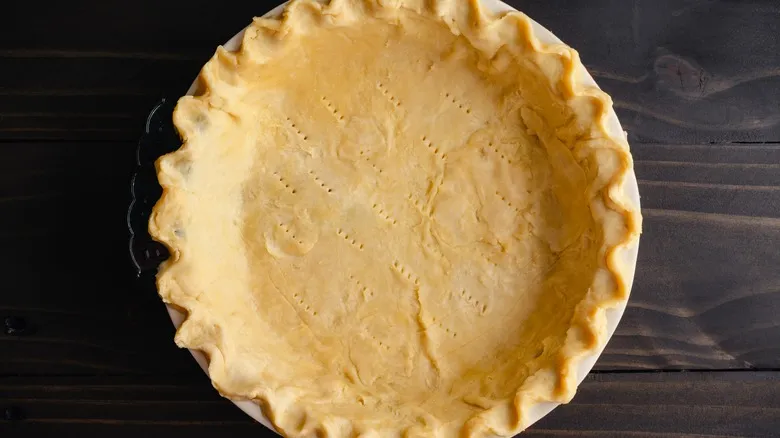The science behind the hack
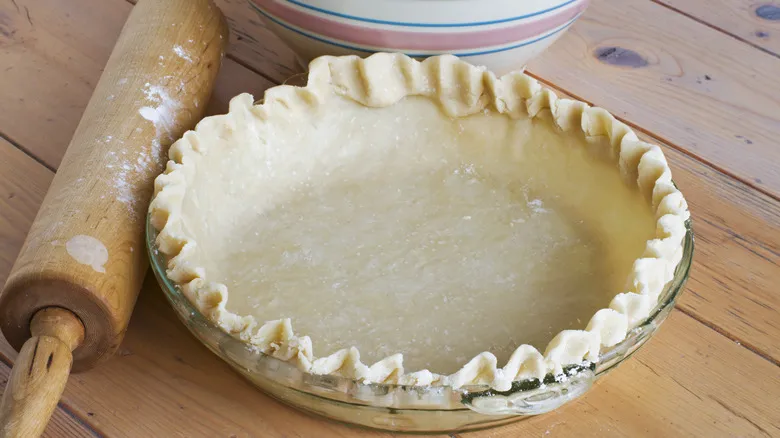
Incorporating a small amount of vodka into your pie dough can help prevent it from becoming tough. This surprisingly simple trick works wonders. But how does it function? It all revolves around gluten. A typical pie crust recipe includes water to add moisture to the dough. Water also aids in gluten development, as the proteins in the flour absorb moisture, becoming sticky and binding together, which increases the gluten content. While gluten is beneficial for certain recipes, like bread, it should be minimized in pie dough to avoid a crust that is dry and dense instead of flaky.
Since vodka contains less water—about 60%—it helps limit gluten formation in your dough. By using vodka instead of water, you reduce the amount of water available, which in turn decreases gluten development. This keeps your dough wonderfully soft. However, keep in mind that the dough will be stickier than a typical pie crust, so you’ll need to sprinkle in some extra flour when rolling it out.
Other liquors can boost pie crust too
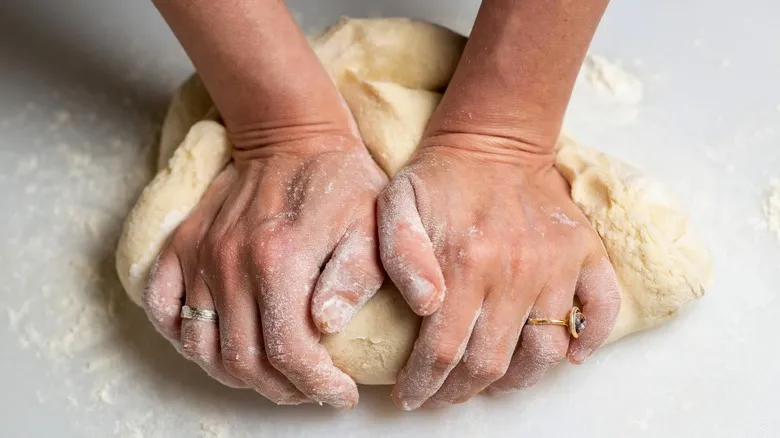
There's no need to rush out to the store for a bottle of vodka to make this technique work. López-Alt experimented with various types of spirits, including bourbon, gin, and tequila, and found that they all produced similar outcomes. As long as you choose a liquid with a sufficiently high alcohol content (think liquor rather than wine or beer), your chosen alcoholic ingredient will help prevent gluten from developing in your dough. However, you don't need to select a liquor based on the flavor of your filling. While a whiskey cocktail might complement an apple pie nicely, the amount of spirit you add won't significantly alter the overall taste of the crust. Its primary role is to enhance the texture.
If you don’t have any liquor available or prefer not to keep alcohol at home, you’re not out of luck when it comes to achieving a tender pie crust. There are alternatives that can help prevent your dough from becoming overly glutinous. Incorporating a vinegar, such as apple cider or white vinegar, can also inhibit gluten formation. Additionally, vinegar can add a delightful flavor to your crust, which is a nice perk. Alternatively, you can opt for a richer option by substituting water with sour cream, resulting in a soft texture and a deliciously tangy taste.
Recommended
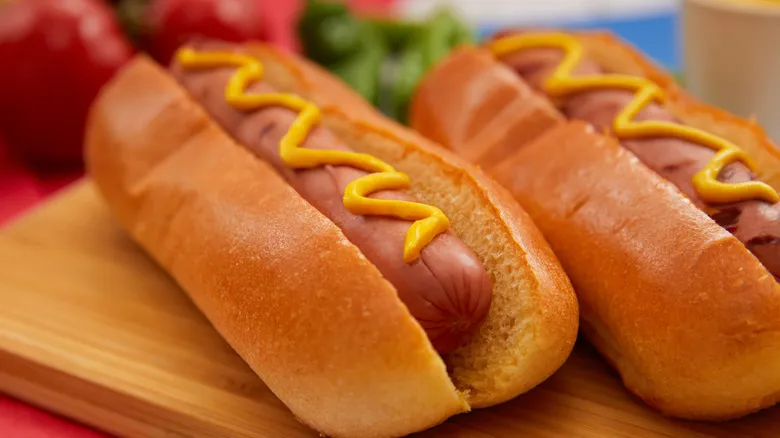
Why The US Hot Dog Market Is About To Take Off Like Never Before
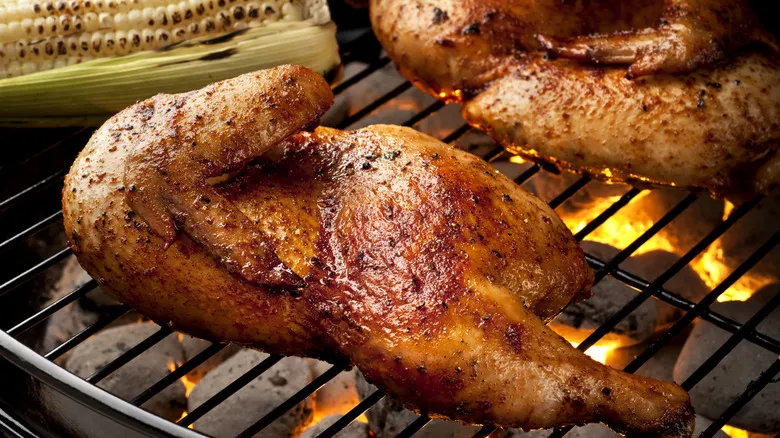
The Right Way To Barbecue A Whole Chicken According To An Expert
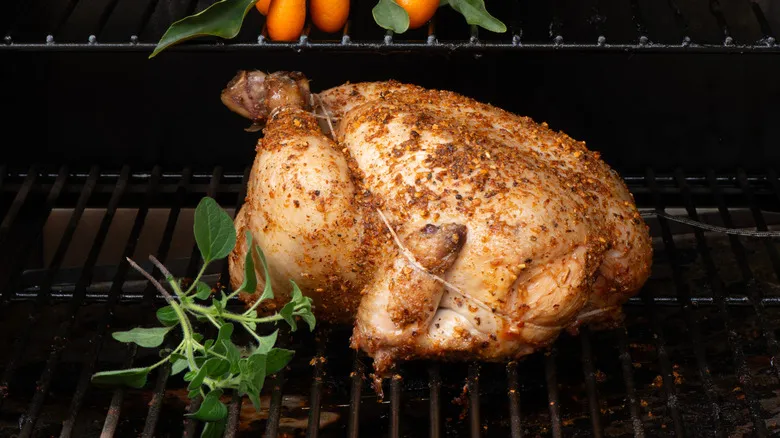
How Long Does It Take To Smoke A Chicken?
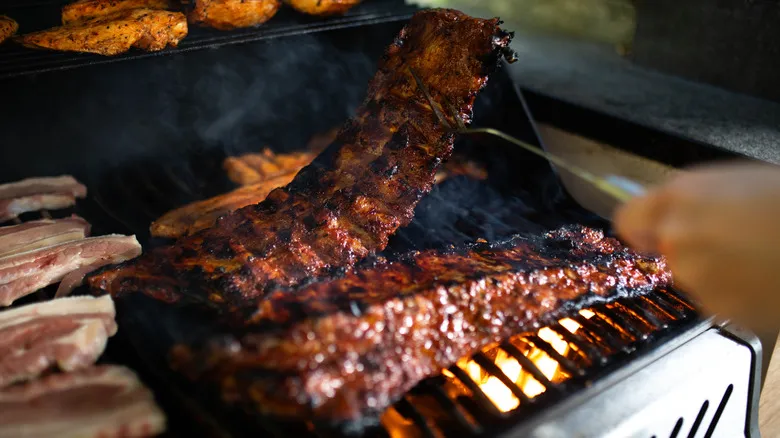
An Expert's Advice On Making Succulent Barbecued Ribs On A Gas Grill
Next up

